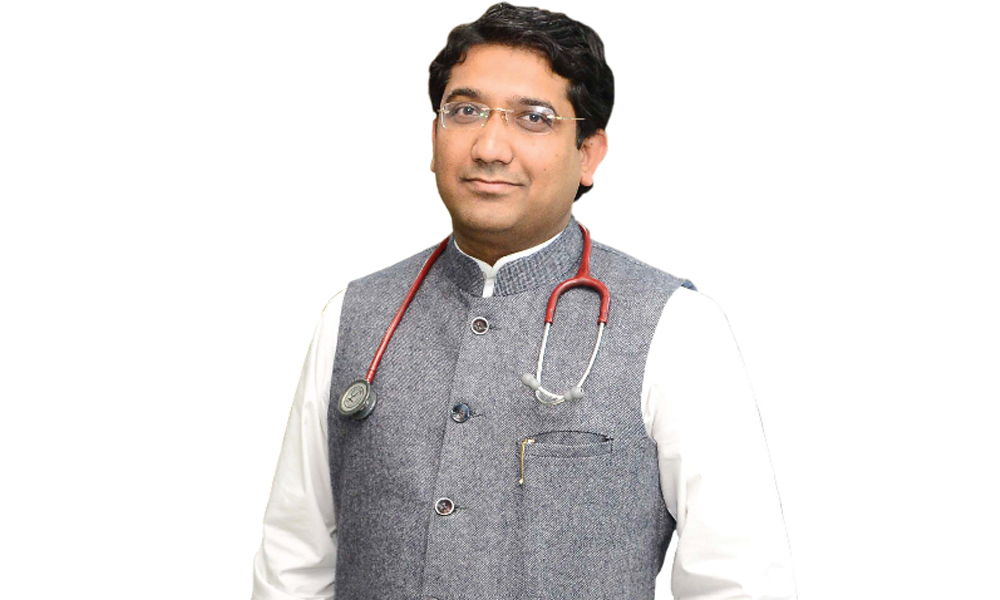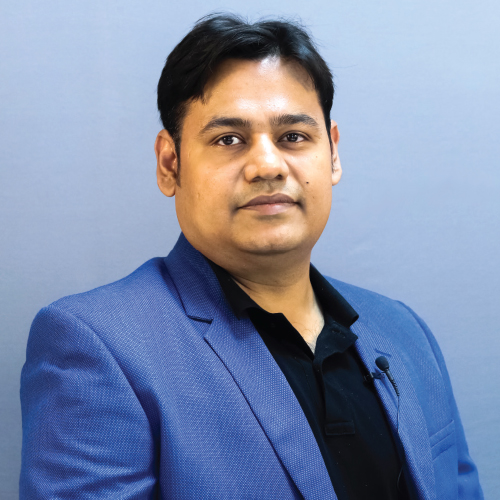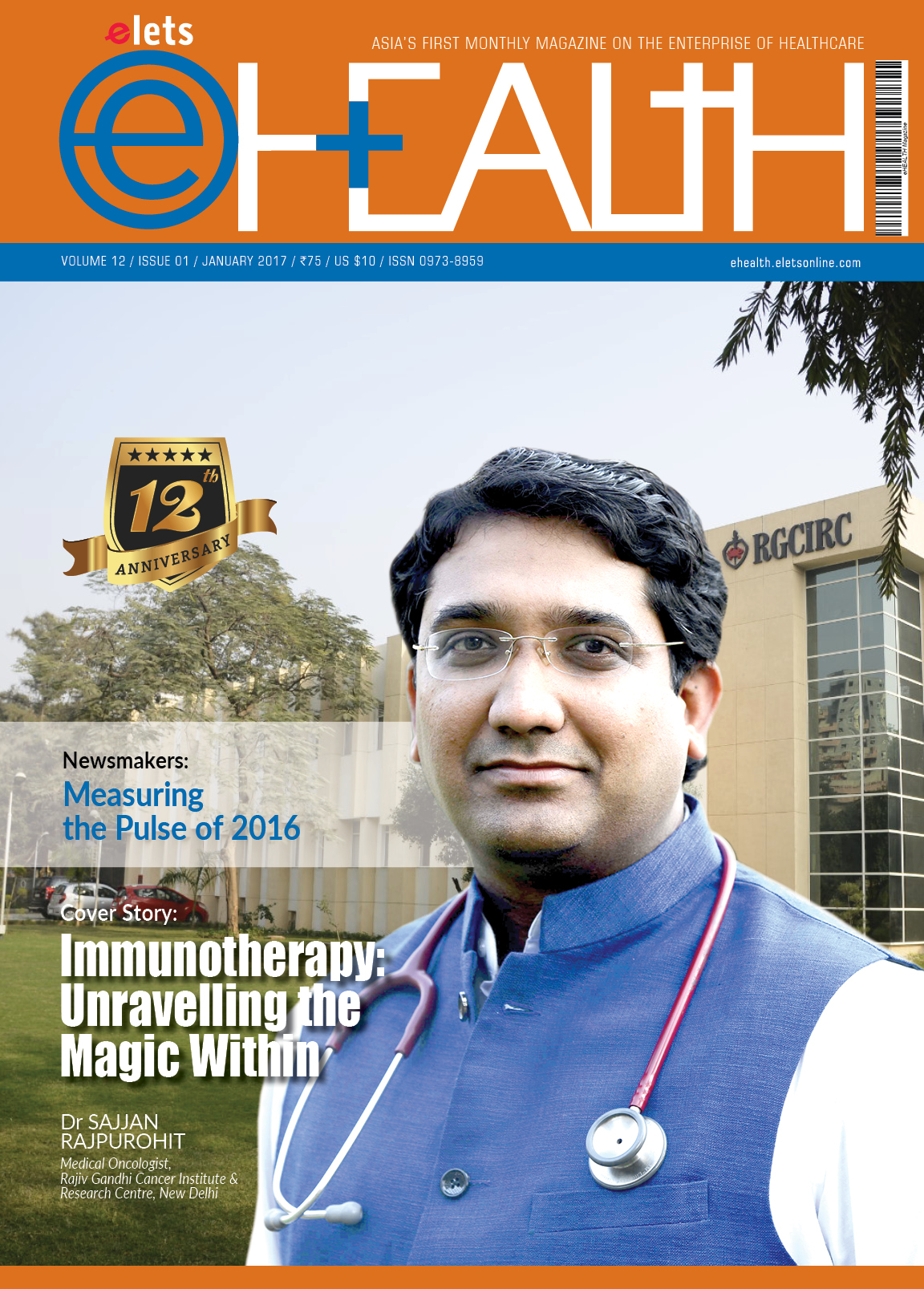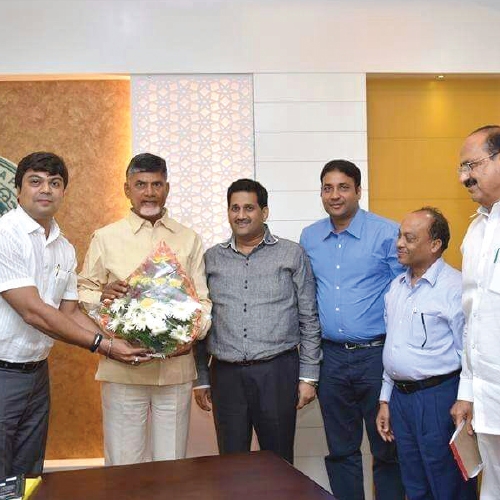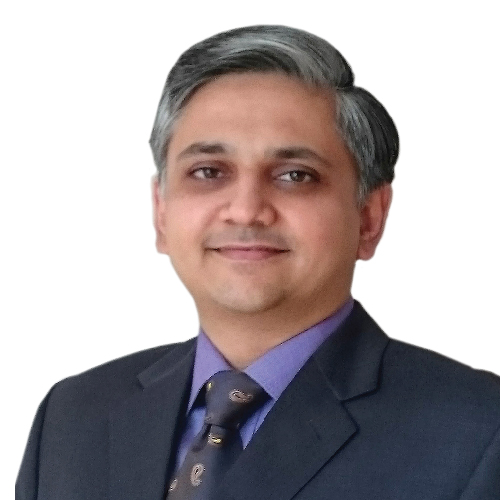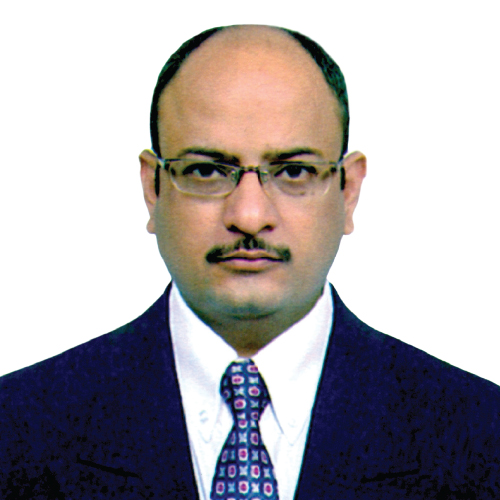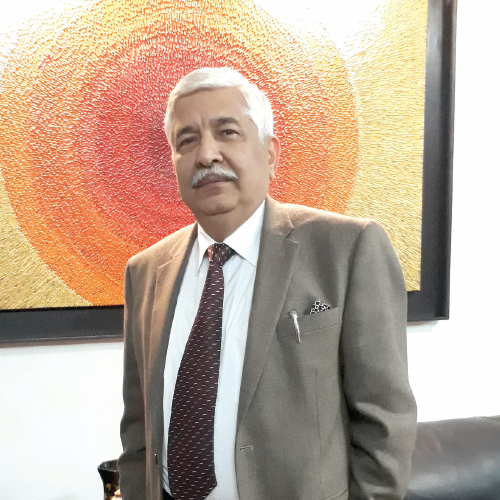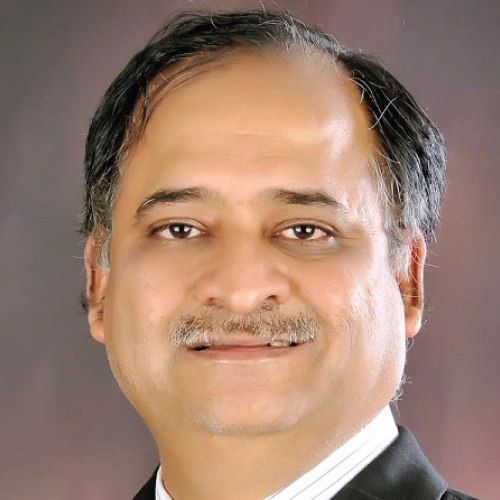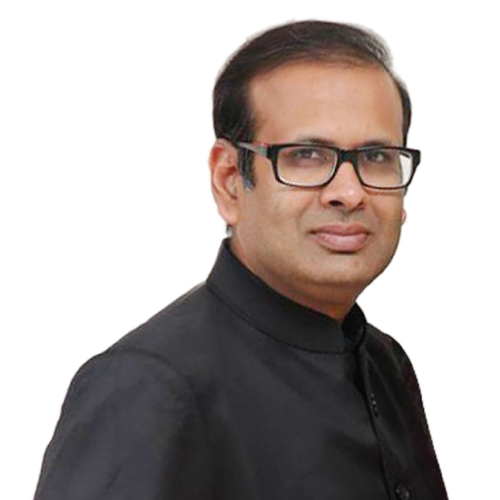

By developing a credit card sized portable ECG monitor which can generate sharable reports on a smartphone within seconds, Noida-based Agatsa Software Pvt Ltd has taken cardiac monitoring to a whole new level. Neha Rastogi, Co-founder of Agatsa, in an interview with Elets News Network (ENN), talks about the companys achievements and future plans to bring in further innovations and disruptions in the Indian healthcare sector for common people.
What is the vision guiding Agatsa? Please share with us how the company came into existence?

Agatsa is focused on becoming a pioneer in cardiac care wherein we promise easiest and quickest method to detect, diagnose and manage cardiac problems. Unlike other health problems, time is of great importance when it comes to cardiac issues. A small delay can lead to surgery or even death.
The idea to start Agatsa was conceived when we saw members of our family and dear ones being detected with heart diseases. There was no mechanism to detect a problem like a heart attack in a timely manner, except to go to a diagnostic centre for an ECG.
ECG is the first test being done to detect a possible heart problem. But conventional methods of ECG are costly, time consuming and tedious.

We thought of the idea of having a portable and easy to use ECG monitor which can be connected to a smartphone, quickly take ECG, share report to a doctor and get a quick diagnosis, and hence save crucial time. We started working on developing a prototype of such device and named it SANKET which means signal in Hindi.
How important is cardiac care in Indian context?
In a developing country like India, high economic growth and urbanisation have caused a large section of population to move towards unhealthy lifestyles with decreased physical activity, increased stress levels coupled with high intake of saturated fats and tobacco. Cardiovascular Diseases (CVDs) are the largest cause of mortality, resulting in almost half of all deaths caused by Non-communicable Diseases (NCDs). CVDs are expected to be the fastest growing chronic illnesses, growing at about 9.2 per cent annually. The rate of CVDs among Indians, particularly young men, is almost twice as high as their Western counterparts. Young population is increasingly falling prey to these deadly diseases.
What is Sanket and how does it measure stress?
Sanket is a credit card sized ECG monitoring device which measures 12-lead ECGs without any leads or wires or electrodes. You just have to place your thumb on sensors or place the device with sensor touching at different positions of chest leads to measure accurate ECG in just 15 seconds on a smartphone. The report is generated and shared via mobile with a doctor for quick review.
The report contains not just the ECG graph but also various heart parameters like heart rate, QTc in tervals, R-R intervals, etc. With the heart rate and R-R intervals, we have developed our algorithms to calculate heart rate variability, which predicts up to 17 diseases and also the clinical stress levels of an individual when compared to his resting R-R interval. This is being used now in various researches to develop a correlation between mental stress and cardiac problems.
Any person can purchase and use this device easily at home, record his ECG and share the report to doctor or family. Plus, we have also rolled our unique ECG interpretation services where any ECG report can be uploaded on our platform and shared and can be interpreted by our panel of experienced cardiac medical practitioners. Hence, now only in five seconds any ECG lead position can be traced out and analysed for diseases like MI, AF. This gives a tremendous advantage to general practitioners, who can take a data driven conclusive call on patient management.
General practitioners are the first point of contact in most cardiac cases, but at present they either dont have ECG machines, or they cannot interpret complex conditions using ECG. Our platform provides them both in a very cost effective manner.
Using heart rate variability, we can even predict the vulnerability of an individual for 17 possible diseases. We call this Stress Analysis and this has been used very effectively in various NGOs. Several IITs are using our platform to further enhance their research work on relating mental and cardiac problems through relevant data.
Having developed devices like Sanket ECG monitor and Stress Smartapp that measures ECG and stress, which other products Agatsa Healthcare is planning in near future?
Cardiac care mainly comprises of three stages “ prevention, detection and maintenance. We look forward to launch complete end-to-end solutions to provide a unique combination of pocket sized ECG monitor to quickly detect heart issues through full 12-Lead ECG on a smartphone, get timely medical interventions and assistance and services to provide personalised coaching programmes to post operative patients by bringing together cardiac healthcare providers, dieticians and physical therapists.
We successfully kicked off our pilot project under the National Health Mission programme of Tripura in association with Tata Trusts in September last year. Doctors in 45 PHCs in remote areas are successfully using our devices to quickly scan patients for cardiac problems
We are gearing up to Beta launch our extended cardiac health platform called Sanket Coach Programme. This programme is of three months to six months duration and will provide support to heart patients (diseased or post operative) by helping them with right food choices, lifestyle modifications, physical exercise and online medical support.
How Agatsa plans to scale up?
Our Sanket devices are in the market for the past one year now and are receiving some really good feedback from heart patients, doctors, general physicians, diabetologists and general fitness providers. Even the people who just want to monitor their heart for prevention of any disease are buying Sanket. Anyone can purchase Sanket from our website or online portals like Amazon, Snapdeal and Flipkart.
We successfully kicked off our pilot project under the National Health Mission programme of Tripura in association with Tata Trusts in September last year. Doctors in 45 PHCs in remote areas are successfully using our devices to quickly scan patients for cardiac problems.
We plan to scale up the sales of our devices and Sanket services platform in the first quarter of 2017 by reaching out to various hospitals, cardiac clinics, diagnostic centres to use and recommend our devices and Sanket Life platform to their patients for better monitoring and management of heart diseases. Agatsa intends to reach out to post operative patients who are in dire need of constant support and monitoring, patients on medication and finally to high risk patients.
What are the key challenges you face as a health device maker?
Key challenges in India include lack of standard certifications and regulations around patient-centric medical devices. Shortage of technical expertise in terms of electronics manufacturing and prototyping is another big challenge for device manufacturers in India. Finding high skilled professionals in designing and engineering areas is also tough. Support from academia to guide young students and professionals towards real innovations must be stressed upon.
How can government policies help medical device manufacturers to increase their global reach?
Regulations around patient-centric medical devices like Sanket must be brought in for better innovations, products and services in healthcare.
Commercialisation grants or even debt on low interest rates to scale up and not just support for research and development would help startups like us to stand on their own, rather than depending on equity investments alone.
Better infrastructure support for R&D and prototyping and manufacturing will be a huge boost to Indian medical devices industry.
Be a part of Elets Collaborative Initiatives. Join Us for Upcoming Events and explore business opportunities. Like us on Facebook , connect with us on LinkedIn and follow us on Twitter , Instagram.


